5 minutes ago
Malcolm Prior,BBC News, rural affairs correspondent

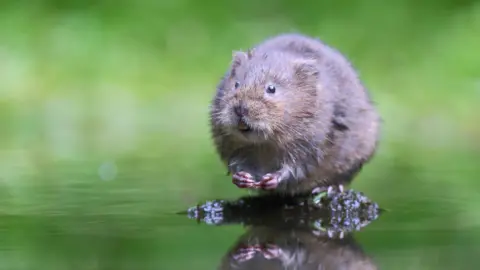 Getty Images
Getty Images
Water voles are among those species under threat in the UK thanks to habitat loss
A coalition of more than 80 nature conservation groups is launching a legal bid to force whichever party is in power next month to improve government targets on tackling wildlife decline in England.
One in six UK species are currently at risk of extinction and a legally-binding target was set by the Conservative government to stop nature loss by 2030.
Organisations including the National Trust, the RSPB and the Wildlife Trusts have also joined forces to urge politicians from all parties to pledge to do more to boost biodiversity.
The main political parties have committed to halt species decline by 2030.

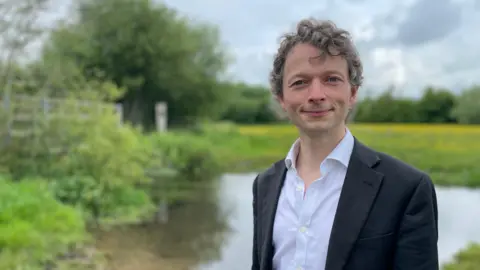 Malcolm Prior/BBC
Malcolm Prior/BBC
Richard Benwell, of Wildlife and Countryside Link, wants government nature targets to be reviewed
On Friday, Labour launched a new "countryside protection plan" that it says will boost species recovery.
The Conservatives have committed to protecting a minimum of 30% of land and sea for biodiversity by 2030.
The Liberal Democrats say they will double the amount of land protected for nature by 2050.
Wildlife and Countryside Link, a coalition of 83 environmental groups, wants a judicial review of what it claims is a government failure to review and improve existing targets for England, as set out in the Environmental Improvement Plan (EIP).
In January, the independent watchdog, the Office for Environmental Protection (OEP), said the government was “largely off track” on meeting its environmental aims, with only four of 40 targets for England likely to be achieved.
Richard Benwell, chief executive of Wildlife and Countryside Link, said it was “time for the culture of non-compliance with environmental law to end”.

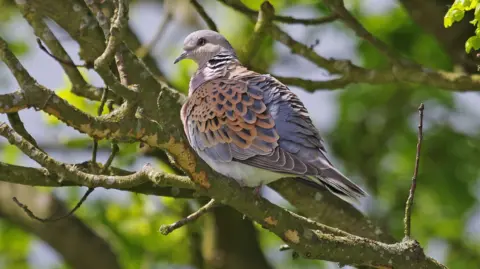 Getty Images
Getty Images
The turtle dove is just one of the UK's iconic species facing an uncertain future
He told the BBC: “There’s been a long-term decline in wildlife and we’ve seen no sign that the policies in place right now are going to be able to halt and reverse that decline.
“We need whoever forms the next government to step up and make the investment, the legal changes and take the action necessary to really start to turn things around.”
A spokeswoman for the Department for Environment, Food and Rural Affairs (Defra) said it was unable to comment on any legal action.
But she added that the secretary of state was not legally required to complete a review of the EIP until the end of January 2028.
The setting of environmental targets on halting the decline of species abundance is a devolved issue.

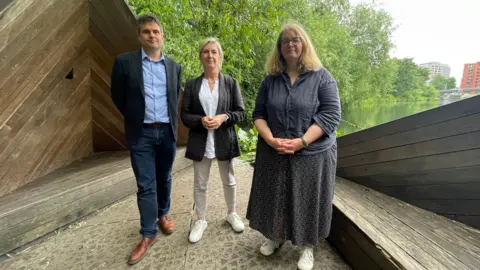 Malcolm Prior/BBC
Malcolm Prior/BBC
The Wildlife Trusts, the National Trust and the RSPB are calling on all parties to tackle nature decline
All four of the nations’ administrations have committed to protecting 30% of land and sea for nature by 2030.
But the heads of some of the UK’s largest conservation groups have come together to urge UK general election candidates from all parties to do more.
Hilary McGrady, the National Trust’s director general, said of the 2030 target to halt nature loss: “Six years from that deadline, the UK is still one of the most nature-depleted countries on earth.”
But, she added, if the next government acted “promptly and energetically” the decline could be reversed.
“We feel passionately that the nature crisis is of such an extent that none of the political parties as it stands at the moment are taking the challenge seriously and so we are here to really ask them to think about that and show us their response,” she told the BBC.

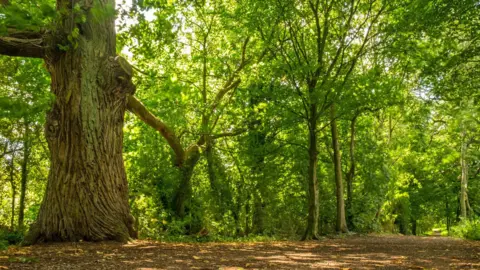 Getty Images
Getty Images
There is a UK-wide commitment to protecting 30% of land for nature
Craig Bennett, chief executive of The Wildlife Trusts, said they had been frustrated by “lacklustre efforts” to meet the legal targets set.
Beccy Speight, chief executive of the RSPB, said: “We need all political parties to tackle the nature and climate crisis as one.”
Whilst in government, the Conservatives committed to leaving the environment in a better state than it was and introduced Environmental Improvement Plan targets to reverse nature decline.
On Friday, Labour launched a new countryside protection plan, which includes a range of policies which it says will tackle nature decline.
The party says it will create more "nature-rich habitats", including wetlands and peat bogs, as well as finding private finance to establish three new national forests in England. It also intends to set up a tree-planting taskforce to grow millions more trees across the UK.
It will also introduce a new Community Right to Buy to help groups transform derelict land into new green spaces.
Public investment needed
Temporary approval for banned neonicotinoids that harm bees will also be stopped, it says.
Labour’s shadow environment secretary, Steve Reed, said: "The next Labour government will protect and restore nature, safeguarding our beautiful countryside for future generations to experience and enjoy.”
The Liberal Democrats said they had “credible policies” to double the amount of land that is protected and managed for nature by 2050.
Tim Farron, the party's spokesperson for the environment, said: “We need to double the amount of land that is protected and managed for nature, doubling the most important habitats, and importantly doubling the species in these areas."
No detailed budgeting has yet been produced for the parties' plans to protect UK wildlife.
Plaid Cymru said an increase in public investment would be “essential for managing land, restoring habitats, and supporting nature policies”.
The SNP has previously said it is committed to halting biodiversity loss by 2030.
The BBC has approached the Conservatives and SNP for comment on their election policies on tackling nature loss.

 3 weeks ago
10
3 weeks ago
10


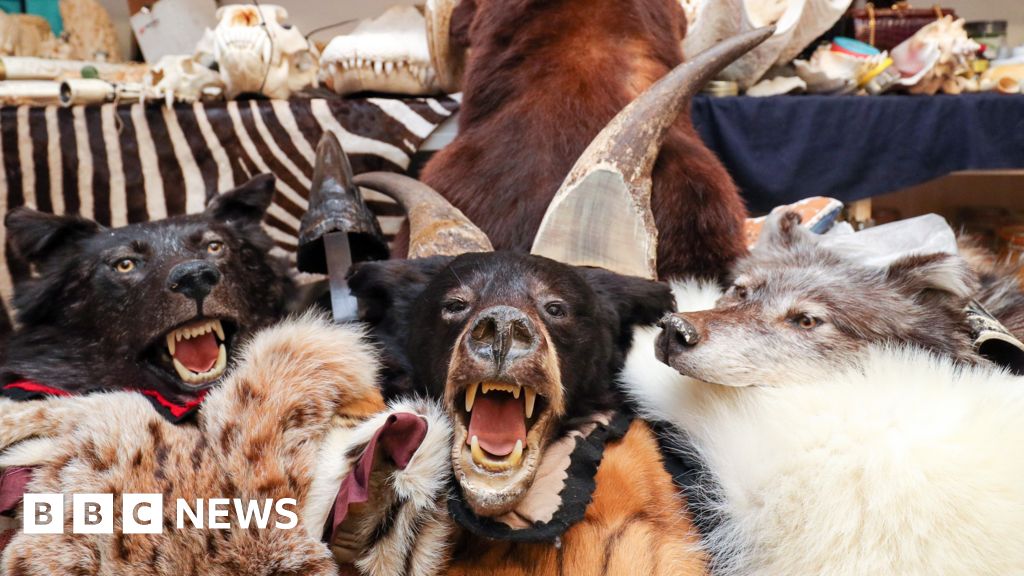


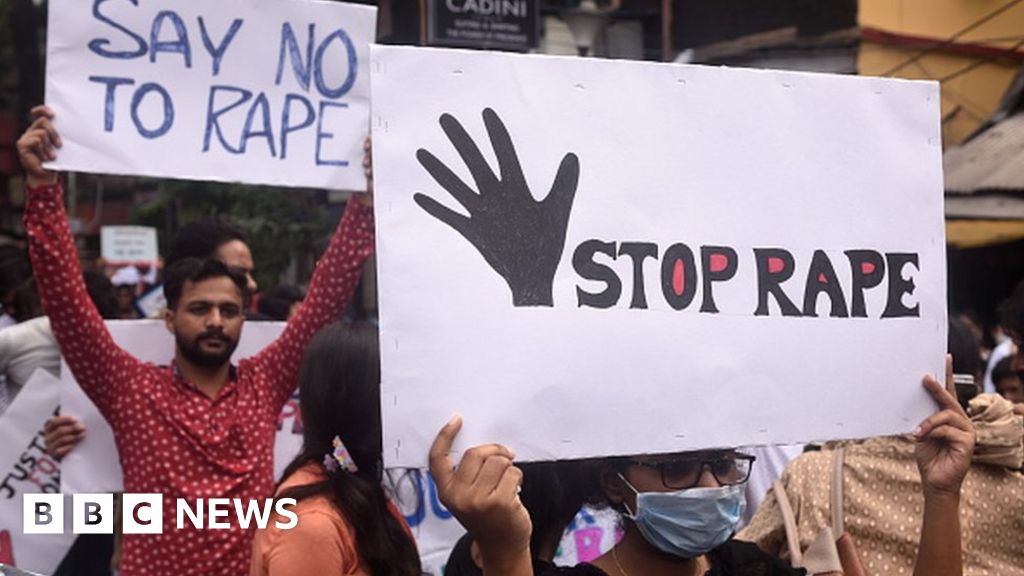

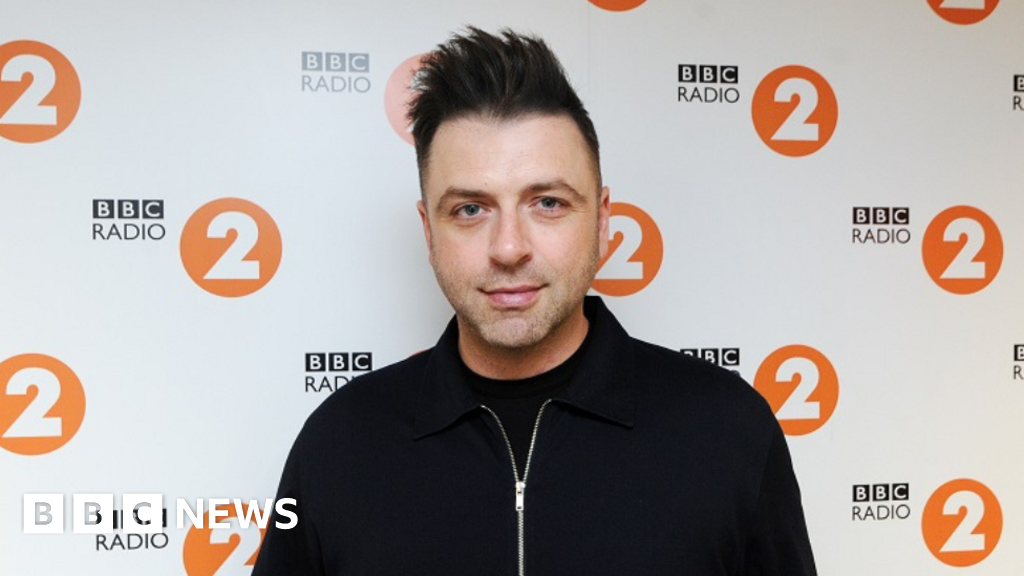
 English (US) ·
English (US) ·